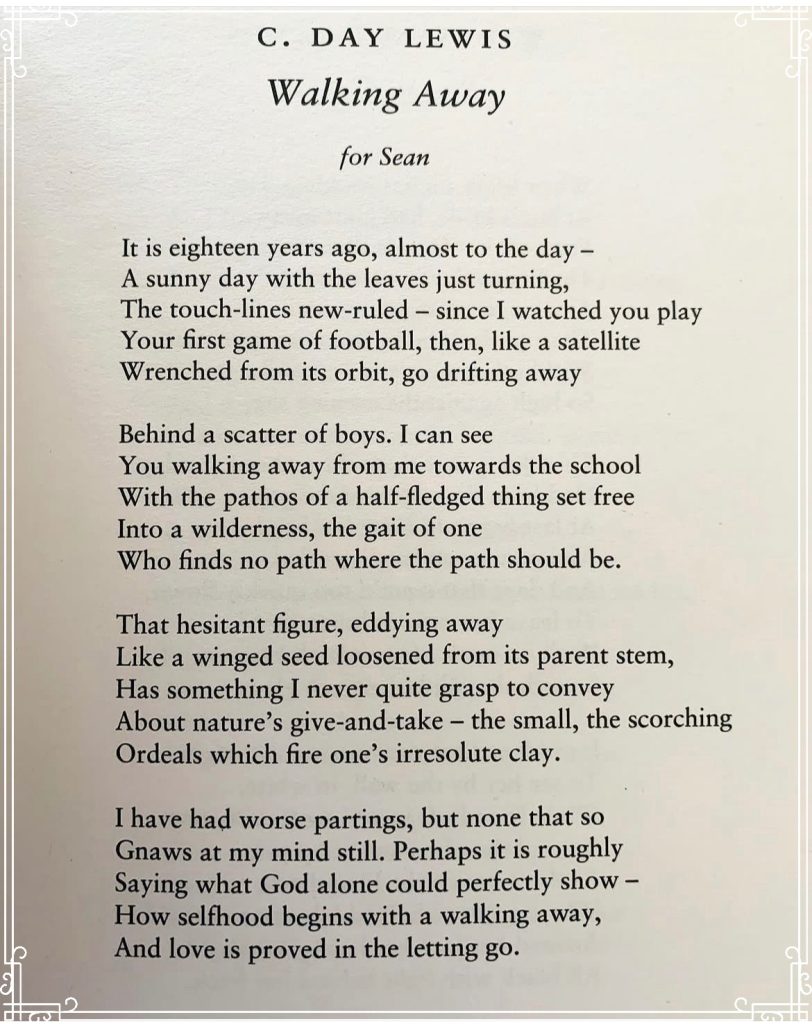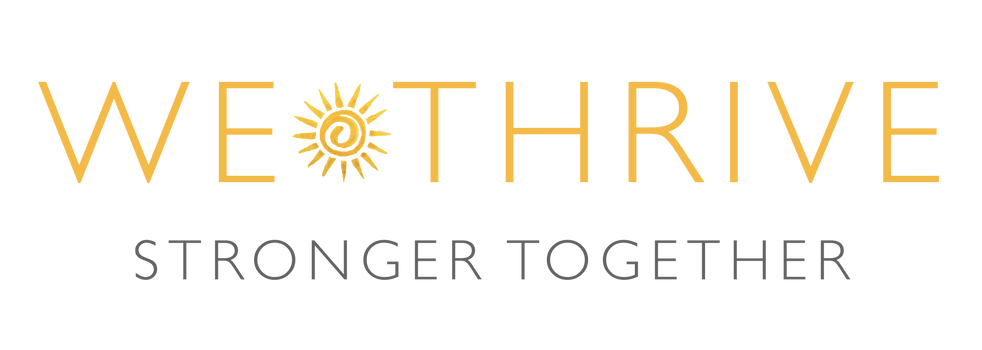
Professor Mark Williams
‘In mindfulness, we start to see the world as it is, not as we we expect it to be, how we want it to be, or what we fear it may become.’
– from Mindfulness: a Practical guide to Finding Peace in a Frantic World, written by Mark & Danny Penman
This quote seems so pertinent to those of us who are trying to navigate our way through living with a child with mental health and/or related issues. We are constantly being challenged to ‘see the world how it is’ and not how we expected it to be, how we thought being a parent might look like. And when you have a child who is not well or finding it hard to find their own peace in the world, the fear of what may become can be a constant, sometimes quiet and sometimes clamorous, companion.
In his wonderful, clear talk to us this month Mark seemed to be a living reflection of his years of work in the field of mindfulness. He was steady, focused, calm and precise in his delivery and his message. There is no doubt that we live in a highly-distracting world with so much that battles for our attention but too often the message can be that the world is broken and in struggle. Actually what mindful living reminds us – moment to moment living – is that actually the world is as full of beauty and wonder as it is of difficulty and challenge, and it is there to see if we can slow down enough, pause enough, to see it. It doesn’t mean we have to live in some kind of Buddha like state – we can just find a little more balance & crucially, begin to experience a more steady, peaceful place within us that we can return to, that anchors us and tethers us to the simplicity of the present moment.
As ever, as parents, the best thing we can do, is to start with us, so if we can find this place through a practice of our choosing, then we act as a beacon for our children. They are led to the light through our actions, through who we are and not what we tell them. Like all things, it takes work and discipline and commitment to make small but profound changes.
Mark has done years of work combining the principles of Cognitive-Behavioural Therapy with mindful practices into the well-known Mindfulness-Based Cognitive Therapy 8 week course. It has been included in the NHS NICE guidelines and is increasingly used in therapeutic practice. The course presents an opportunity for participants to learn new ways of managing and preventing episodes of low mood and/or anxiety. There are other 8 week courses too, like MBSR, Mindfulness-Based Stress Reduction.
If you would like to learn more, please visit www.mbct.co.uk which will give you details about how to find courses, books and all other material. Mark’s new book (also co-written with Danny Penman) is called
Deeper Mindfulness: The New Way to Rediscover Calm in a Chaotic World (2023) -‘Proven effective at treating anxiety, stress and depression, the practices in Deeper Mindfulness offer a new and more fruitful direction for both novice and experienced meditators. It also allows the rest of us to approach life with renewed strength, vigour and equanimity.’
October Theme for the Meetings
As many of you know who have joined the weekly group support meetings, they are sometimes just open platforms for people to share how they are and what is going on and sometimes we are led by one of the parents giving a share on their story or an aspect of their story. This format will largely continue with the one change that we will introduce themes for each month. This doesn’t mean we are at all constrained by the theme but gives a locus from which discussion can spring from.
The theme for October will be, in light of Mark’s talk,
How we find ways to anchor ourselves in time of difficulty
If you would like to bring any resources that you found helpful to the meetings on these subject or indeed do a share from this perspective then please do let us know.
This platform We Thrive is for ALL of us BY all of us;
each and every voice matters in creating something really valuable for each other.
This could be a reading, an idea, an experience, a poem – anything that speaks to you around the subject.

An article on Borderline Personality Disorder
– from The Center for Healing & Transformation in Plettenberg Bay, South Africa.
Mark Lockwood, who spoke to us a while ago at We Thrive, is Director of the Center. He and his team have developed a Youth Programme which is more directed at young people who are struggling to thrive and to launch themselves into the world of adulthood. It is designed for those who have moved beyond any stages of initial addiction recovery or other acute issues of eg self-harm and eating disorders, and who now need to work on the deeper-rooted issues that led them to these behaviours.
Attached is a link to the website to learn more and, specifically, this link looks at a description of Borderline Personality Disorder, which is a subject that has come up a few times in meetings recently as some children are being diagnosed with it. Many parents indicated that they would like to know more about it.
The subject of diagnoses is a thorny one – there are certainly stories of some families who have not necessarily thrived or found healing in the search for answers via a psychiatric/diagnostic model & there is so much overlap of current diagnoses in the understanding of behaviour, mood and well-being. This is what can make it feel so stressful and overwhelming when we are trying to find answers and solutions. So many of the diagnoses that for many years came under the moniker of ‘disorder’ are now being changed to ‘condition’ or ‘difference’ (eg Autistic Spectrum Disorder is now Autistic Spectrum Condition) which shows how we are all changing in our understanding of different brains and personalities.
This is an interesting, clear read on the current understanding of Borderline Personality Disorder
OCTOBER TALK
Wednesday 11th October @ 6.30pm
Philip Trenchard, family therapist
Philip has been in practice in Psychotherapy and Systemic Family Therapy for 25 years, developing a working style which is warm, approachable and based on integrating different models of therapy, according to the needs of the client. He has worked in the private sector, voluntary sector and the NHS, and has built up a reputation in the field for his ability to form strong working alliances with his clients, even those who have previously been resistant to the idea of therapy.
“Reflections, Q&A from family therapy”
Philip will present some thoughts, therapeutic perspective as well as insight into personal experience to evoke questions from the audience.

